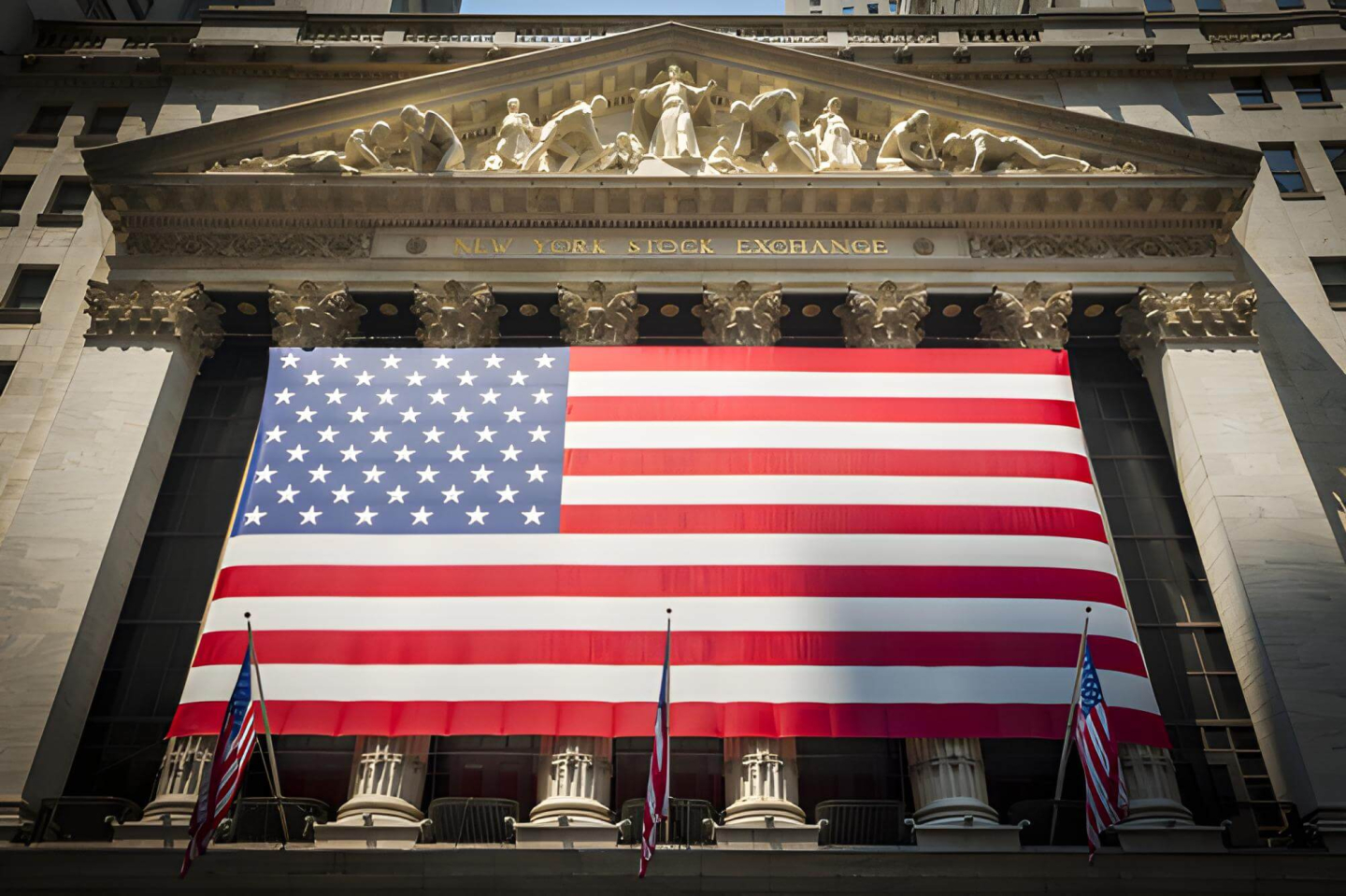U.S. Treasury Secretary Bessent announced that he would take a leading role in tariff negotiations in the United States. He also indicated that progress on the new tax cut bill is gaining momentum, and that over 70 countries are arranging meetings with the U.S. administration to negotiate tariffs.
Comments from U.S. Treasury Secretary Bessent:
-
We hope to reduce the debt-to-GDP ratio by 1 percentage point per year.
-
We want to deleverage the government sector and increase leverage in the private sector.
-
Discussions on the tax bill are progressing better than expected.
-
I expect to reach an agreement with our allies, after which we can approach China as a group.
-
Bessent commented that Spain’s remark about aligning more closely with China would be “cutting your own throat.”
-
China is the only country that has escalated trade actions.
-
The U.S. is "overwhelmed" with requests from countries wanting to negotiate in Washington — currently, 70 negotiations are scheduled.
-
Tariff levels are a ceiling if other countries do not retaliate.
-
Economically, we are in fairly good shape.
-
Although there is some uncertainty, companies tell me that the economy remains very solid.
-
Bessent emphasized that the Treasury’s expanded role in financial regulation will be carried out through the Financial Stability Oversight Council, the President’s Working Group on Capital Markets, and cooperation with banking regulators.
-
The U.S. Treasury will take a greater role in financial regulation.
-
It is now Main Street’s turn, not Wall Street’s.
-
Deregulation should enable banks to purchase more U.S. Treasury securities.
Comments from Fed’s Neel Kashkari:
-
The risk of unanchoring inflation expectations appears to have risen notably.
-
Once we are confident about inflation expectations, we can focus on the trade-offs between policy goals.
-
The hurdle to changing interest rates has increased due to tariffs.
-
Near-term inflation will rise, purchasing power will decline, investment will likely fall, and GDP will shrink due to tariffs.
-
The announced tariffs are much higher and broader than expected, resulting in a larger economic impact and a shock to confidence.
-
The bar for cutting interest rates is now higher, even if the economy and the labor market weaken.
-
No monetary policy response — either upward or downward — should be ruled out.
-
The first priority must be to keep long-run inflation expectations anchored.
-
It is "too risky" to ignore the inflationary effects of tariffs.
-
The falling neutral interest rate due to tariffs reduces the immediate need for a rate hike.
-
The risk of unanchoring inflation expectations has notably risen.
-
The near-term neutral interest rate is likely to fall amid tariffs.
-
Monetary policy is tightening on its own, reducing the need to raise rates.
-
I could revise my outlook if uncertainty resolves quickly.
-
The first priority must be to keep long-run inflation expectations anchored.

Economic calendar: Canadian labor market and Michigan Index (06.02.2026)

🔵 ECB Press Conference (LIVE)

BREAKING: ECB maintains rates in line with expectations!💶

BREAKING: Bank of England holds rates as expected 📌 GBPUSD ticks down on dovish vote split 📉


